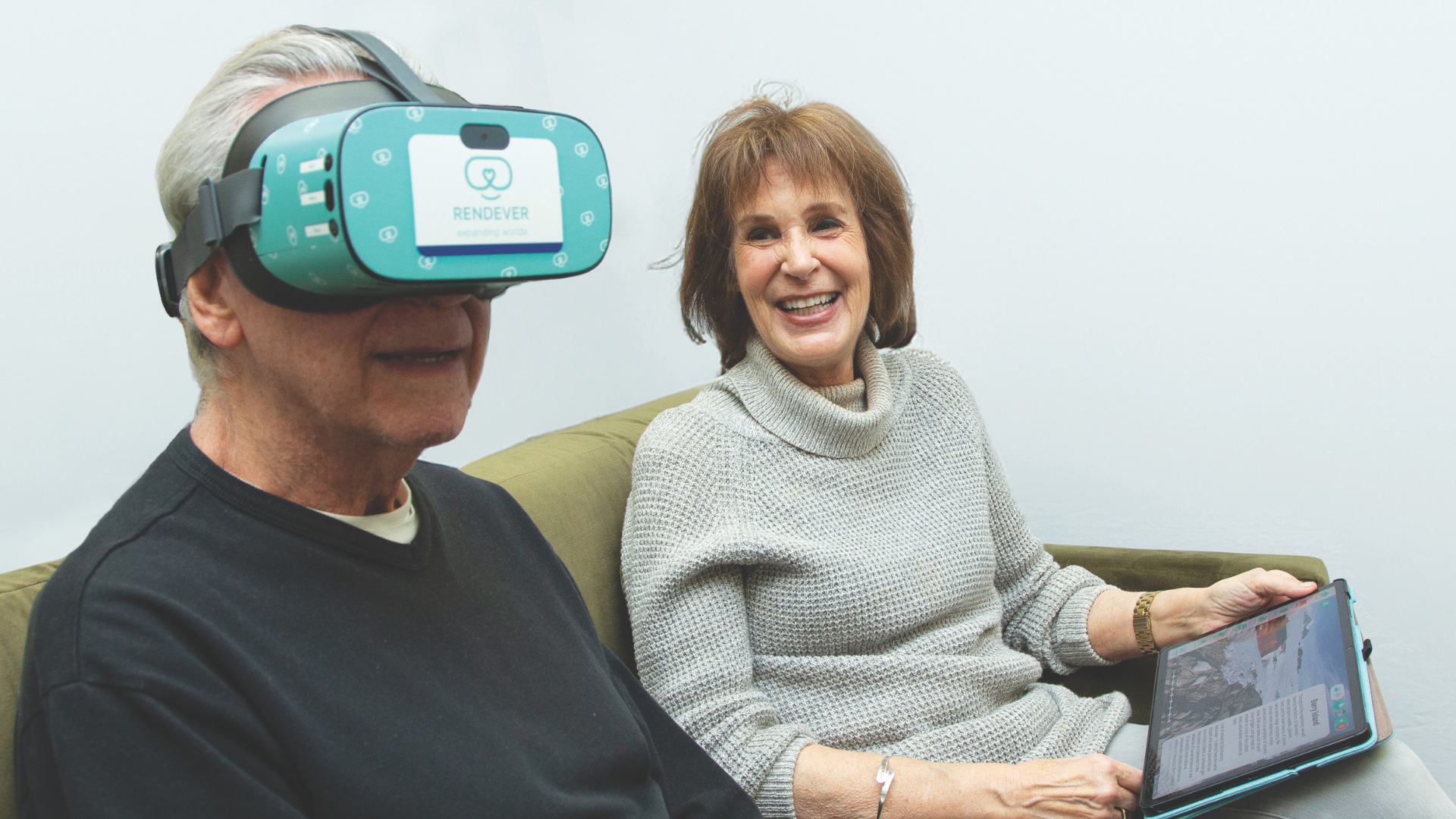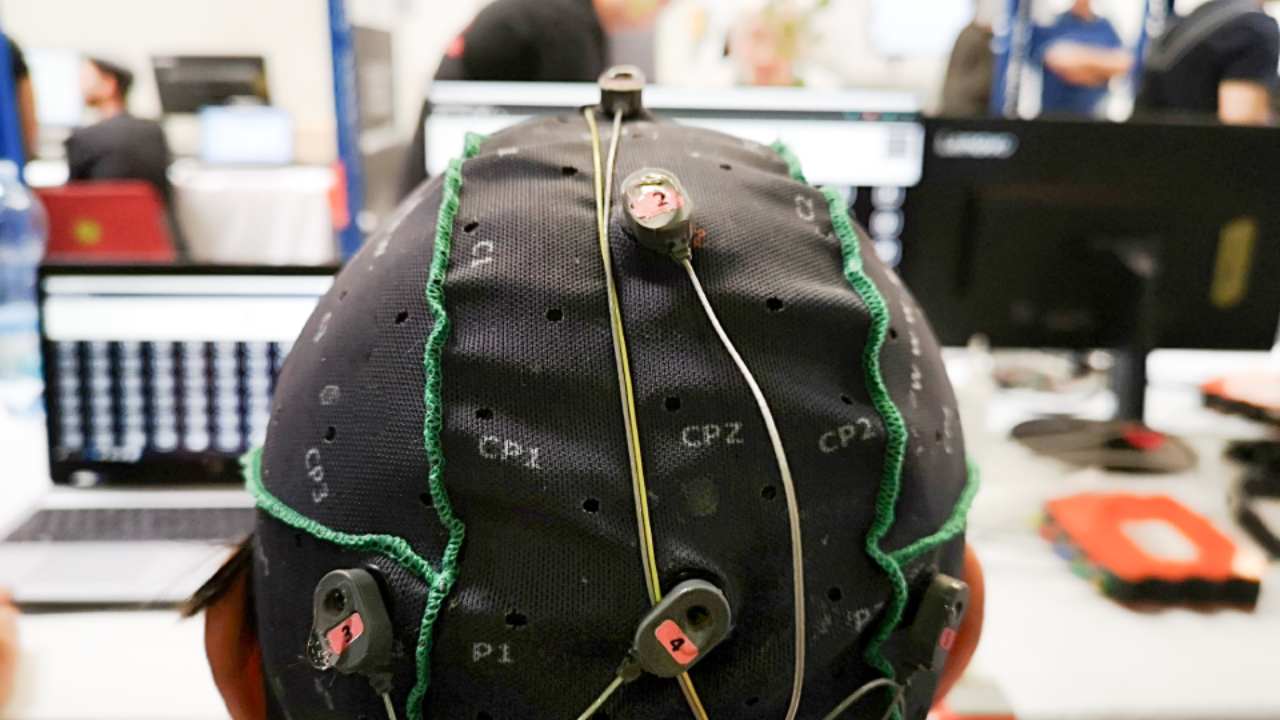
Virtual reality (VR) can bring immersive experiences to older adults by providing them with new ways to engage with others and the world around them. VR can help them tap into meaningful memories, explore new places, and help reduce social isolation. However, mainstream use of VR remains in the domains of gaming and entertainment, with some applications in education and business. Its use in clinical care remains largely unexplored and while some research studies have been done around the use of VR with older adults, studies around its use specifically with patients with dementia are limited, more so around patients with responsive behaviors… until now.
Baycrest’s long-term care home, the Jewish Home for the Aged, is home to one of Ontario’s Transitional Behavioral Support Units (TBSUs), which provides specialized care to individuals with responsive behaviors that cannot be effectively supported in their current environment. TBSUs have increased staffing, focused behavioral assessments and enhanced care planning for advanced dementia patients.
Baycrest’s TBSU recently completed a months-long study investigating the feasibility of using VR in this patient population, and its impact as a leisure intervention on reducing or stabilizing responsive behaviors, such as verbal or physical aggression, wandering, etc. Led by Mara Swartz, a recreation therapist, the team was able to prove that VR can indeed be used with clinical intent while providing patients with new leisure opportunities to help keep them engaged and connected to their personhood at the same time. Major study findings include that there was a net reduction in responsive behaviors when a series of VR sessions were used over time, and high degree of resident engagement and satisfaction.
So, what does it all mean?
This study marks an important milestone in validating the feasibility and impact VR can have as a tool for dementia care. As care providers and caregivers continue to move towards a more person-centered approach, VR has demonstrated itself as a useful tool in managing responsive behaviors. There is much more work to be done yet, such as exploring its application for residents with a more diverse range of conditions or to investigate the impact of VR alongside other factors such as medications, but this shows the possibilities innovative solutions can bring to dementia and health care overall.
Special thanks to the Centre for Aging and Brain Health Innovation (CABHI), the Baycrest Innovation Office (BIO) and the Kunin-Lunenfeld Centre for Applied Research & Innovation (KL-CARE) for their funding, project management and research support, respectively.
What is a responsive behavior in dementia?
Individuals with advanced dementia may not necessarily be able to verbalize how they are feeling in response to something negative, frustrating or confusing in their surroundings, such as pain, hunger, feeling too cold or tired, etc. Instead, due to the changes in the brain due to the dementia, they may demonstrate behaviors (actions, words or gestures) that are a response or attempt to express something in their personal, social or physical environment, such as wandering, aggression, repeated actions, etc. Responsive behaviors can be challenging to manage; thus, caregivers require specialized training as well as time, patience and empathy to support the patient.
Related Articles: Brain Matters, Innovation, Care









